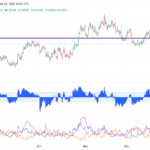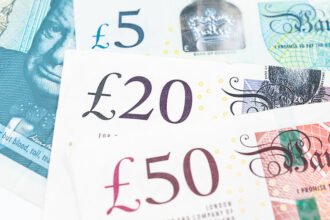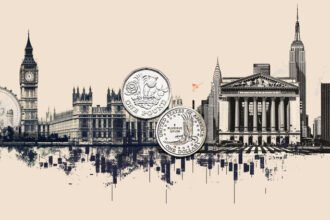By Lucy Raitano and Naomi Rovnick
LONDON (Reuters) -Britain’s borrowing costs held higher and sterling stayed close to recent three-year peaks against the dollar on Wednesday, as a multi-year spending review underlined the country’s fiscal challenges just as pressure mounts to boost the economy.
British finance minister Rachel Reeves delivered a spending review dividing up more than 2 trillion pounds ($2.7 trillion) of public spending, with the government’s departmental budgets to grow by 2.3% a year in real terms.
Britain’s 10-year gilt yield rose as much as 7 basis points (bps) but fell back after weaker-than-expected U.S. inflation numbers prompted a broad rally in government bond markets.
It was last up 3 bps to 4.57%, still underperforming its peers. Bond yields across other big European government markets were flat on the day.
Sterling was last up 0.3% at $1.354 as the dollar fell against major currencies following the U.S. data
Ahead of that report, sterling had showed to a muted reaction to the spending review and was just a touch softer against the euro at 84.73 pence.
Analysts said the main takeaway for markets from Reeves’ speech was confirmation that the UK remains constrained in spending, raising the prospect of tax increases later this year.
That left investors grappling with a darkening economic outlook with the potential for more rapid rate cuts, that should put downward pressure on borrowing costs, with fiscal worries that have put upward pressure on yields.
“It is very difficult to manage this balance because typically what happens is when you have economic growth which is a bit soggy that tends to bring down bond yields,” said Jason Da Silva, director of global investment strategy at Arbuthnot Latham in London.
“But the increasing fiscal spend, and government debt being extremely high, is a headwind for (UK government) bonds,” he added.
Concerns about the UK’s weak fiscal position have weighed on UK assets in recent months, and Britain’s 30-year bonds remain the highest in the Group of Seven industrialised economies.
Sterling and UK equities meanwhile have been cushioned by investor bearishness towards U.S. assets given U.S. President Donald Trump’s tariff policy and a murky economic outlook, prompting global investors to diversify away from U.S. markets.
(Reporting by Lucy Raitano and Naomi Rovnick in London; editing by Dhara Ranasinghe)





















